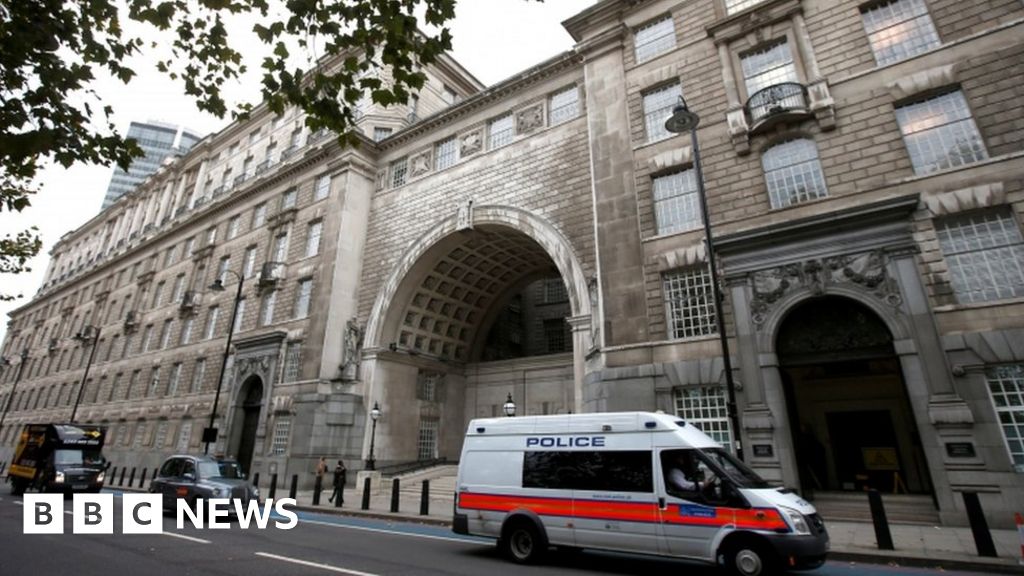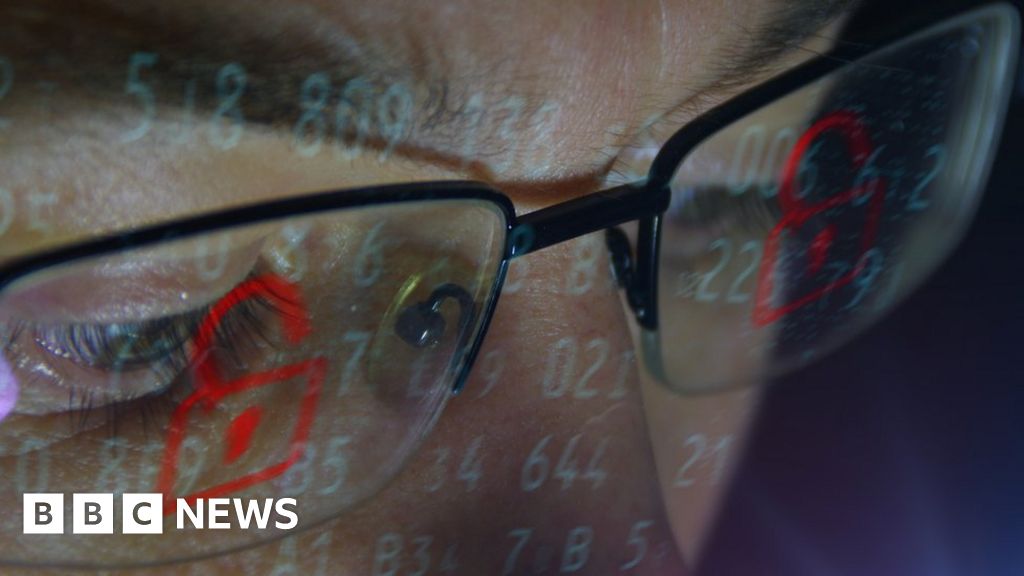
Privacy International
| Use attributes for filter ! | |
| Founders | Simon Davies |
|---|---|
| Founded | 1990 |
| Headquarters location | London, United Kingdom |
| Registration no | Charity: 1147471 (E&W); company: 04354366 (E&W) |
| Number of employees | 15 |
| Type of business | Charitable organization |
| Date of Reg. | |
| Date of Upd. | |
| ID | 2258964 |
About Privacy International
Privacy International is a UK-based registered charity that defends and promotes the right to privacy across the world. First formed in 1990, registered as a non-profit company in 2002 and as a charity in 2012, PI is based in London. Its current executive director, since 2012, is Dr Gus Hosein.
Barclays scraps of 'Big Brother' - staff-tracking-system

... campaign group Privacy International, said: data protection rules are very clear, strict and not allow the employer to carry out such monitoring unless you are able to prove that this is strictly necessary and proportionate and it does not have a serious impact on the rights of the employees...
MI5: Power for informants to commit crimes is ruled 'lawful'

... Privacy International, Reprieve, the Committee on the Administration of Justice, and the Pat Finucane Centre asked the IPT to declare the policy unlawful and grant an injunction restraining further unlawful conduct ...
Sex lives of app users 'shared with Facebook'

...Menstruation apps track users fertility Intimate data, including when people have had sex, is being shared with Facebook, a study from Privacy International has suggested...
Google and Apple criticise GCHQ eavesdropping idea

... Signatories include Google, Apple, WhatsApp and Microsoft as well as Big Brother Watch, Privacy International and the Center for Democracy and Technology...
Facebook ordered by Germany to gather less data

... But the UK-based campaign group Privacy International has said that if the German ruling holds, Facebook should extend the same rights to its other users...
Google and Apple criticise GCHQ eavesdropping idea
The Proposal would copy encrypted chats and share them with the security services
A "hypothetical" proposal by UK security agency GCHQ to eavesdrop on encrypted messages has been criticised by tech firms and rights groups.
was a "serious threat" to trust and security.
The GCHQ plan would mean, in some circumstances, security services got copies of encrypted messages.
The technique resembled the way that GCHQ currently used wiretaps to listen to unencrypted chat, said The Agency .
Silent copyThe by the UK National Cyber Security Centre's technical director Ian Levy and GCHQ's chief codebreaker Crispin Robinson in November 2018.
The Proposal was intended to add to The Debate about strongly encrypted messaging systems that security services have struggled to break.
Instead of asking for encryption systems to be weakened so they can be cracked, The Plan would instead copy messages and send the duplicate on to a third recipient.
That other recipient would be able to read The Message because they possessed a key corresponding to The One with which it was encrypted.
The ghosting system would only be used in "exceptional circumstances" to gather information about suspects, said the discussion paper about the technology.
In their letter, rights groups, industry bodies and tech firms said the idea would "violate" important Human Rights principles.
Signatories include Google, Apple, WhatsApp and Microsoft as well as Big Brother Watch, Privacy International and The Center for Democracy and Technology.
The Letter said that implementing GCHQ's idea would require changes that "undermine user security and trust" and potentially introduce vulnerabilities into messaging systems.
"The overwhelming majority of users rely on their confidence in reputable providers to perform authentication functions and verify that the participants in a conversation are the people they think they are, and only Those People ," said The Letter .
"GCHQ's ghost proposal completely undermines this trust relationship and the authentication process," it added.
It would also threaten privacy and free speech, wrote the signatories.
In response, Mr Levy said its idea was "hypothetical" and intended as a "Starting Point for discussion".
He added: "We will continue to engage with interested parties and look forward to having an open discussion to reach The Best solutions possible. "
google, encryption, apple, microsoft, whatsapp, apps, gchq
Source of news: bbc.com





